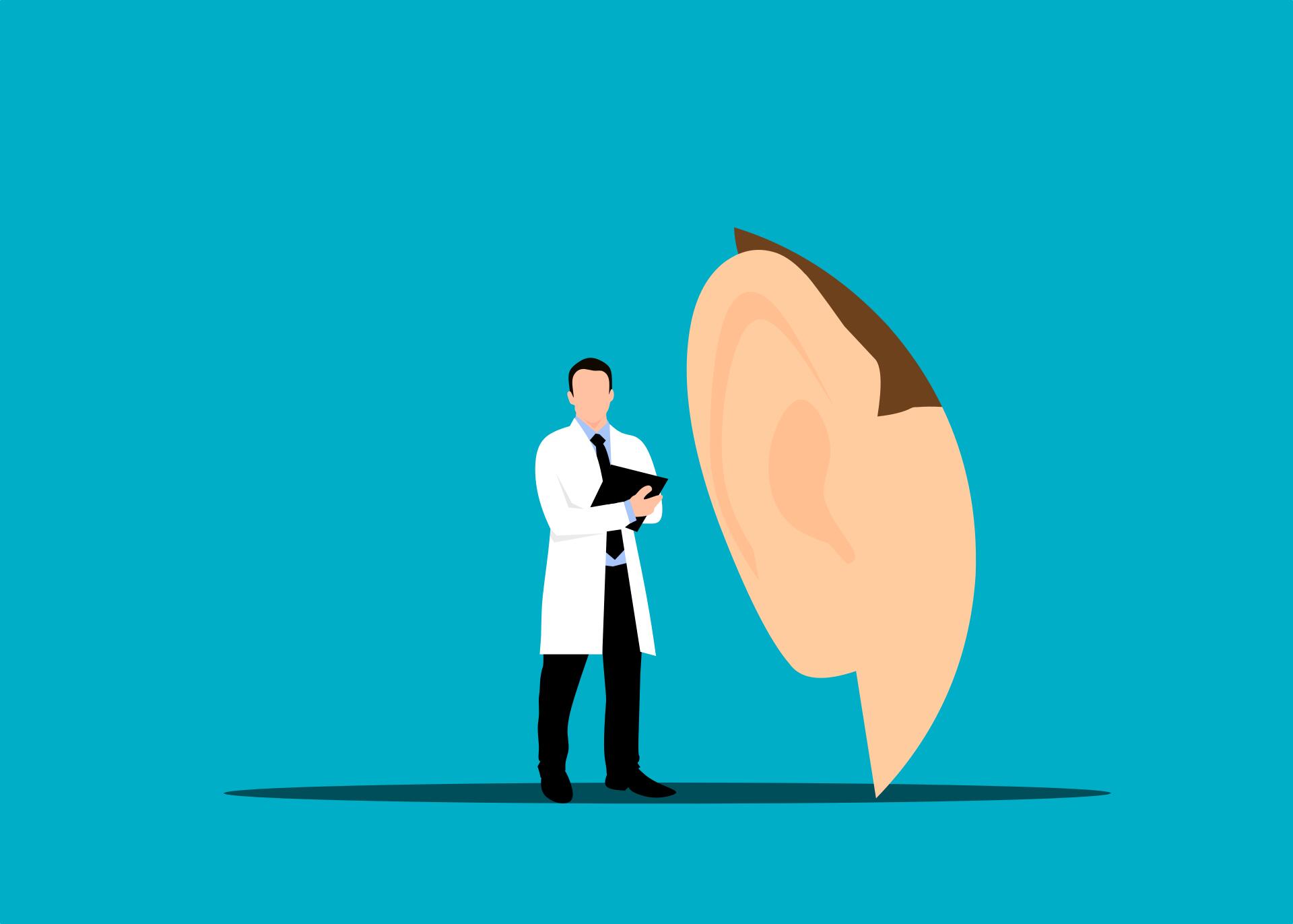
How to Take Better Care of Your Eyes: The Best Eye Care Tips

75% of adults in the world need some sort of vision correction product.
Whether you fall into that large category or have 20/20 vision, we all need to take good care of our eyes. We only get one set in a lifetime, after all.
While there are some diseases and conditions that are genetic and inevitable, you can still take precautions to minimize the symptoms as much as you can.
In this article, we’ll give you some of the best eye care tips so you can ensure your peepers stay in the most optimal condition possible.
Eat Healthily
Your diet heavily impacts your overall health, which can then affect your ocular health. So one of the best ways to take care of your eyes is to eat well!
Make sure you get plenty of foods that have things such as omega-3 fatty acids, zinc, and vitamins C and E. If you have a healthy diet, this can keep your weight in control as well; this can ward off obesity and weight-related diabetes, which can potentially make you go blind.
Also, make sure to stay hydrated. Many of us forget to regularly drink water, and this can be detrimental to not just our eyes, but our entire bodies.
By keeping yourself hydrated, your eyes will stay moist and healthy. Not to mention you’ll enjoy other benefits as well, such as better skin!
Quit Smoking
Most likely, you already know that smoking is bad for your health. But did you know that in addition to harming your lungs, smoking can hurt your eyes too?
Smoking can put you at a higher risk for cataracts, macular degeneration, and other ocular problems. Considering the laundry list of health issues that come with smoking, you should really think about quitting. If you find it difficult, then you can always reach out to your doctor for some help with cessation aids.
Protect Your Eyes From the Sun
Yes, most people know that the sun is bad for your skin, and that’s why we put on sunscreen when we spend long periods out in the hot sun. But what many don’t know is UV rays are bad for your eyes as well.
Remember macular degeneration from the section above? Not only can smoking raise your chances of developing it, but so can exposure to UV rays. The sun can also cause other issues with your eyes, such as cornea sunburn.
Whenever you’re spending time outdoors, make sure to wear some sunglasses. To get maximum protection, you should also consider wearing visors or hats to block the rays your sunglasses can’t.
Don’t Wear Contacts in the Water
If you’ve switched out your glasses for contacts, then you’ll know how convenient they are. You might be tempted to wear them everywhere you go, for whatever activity you do. And while that’s fine in most cases, one thing you really need to avoid is exposing them to water.
Your contacts trap anything you’re exposed to underneath, which can cause eye infections and/or irritation. Whether you’re in a lake, pool, or shower, the water’s not sterile, so there’s plenty of opportunities for bacteria to get in your eyes.
So even though it’s very convenient, don’t wear contacts if you’re going to submerge your head in water. The potential for infection is just not worth it!
Take Frequent Breaks When Working on a Computer
In this day and age, many of us spend hours at our computer. Whether it’s for work or leisure, before you know it, you’ve spent the whole day staring at your computer screen, with very few breaks.
The blue light coming from digital screens can be irritating, and if you don’t sit at the appropriate distance from your computer, it can cause eye strain, headaches, and even pain in your neck, shoulders, and back.
Other big problems you may experience are dry eyes and blurry vision. That’s how you definitely know you’ve been on your computer for too long.
To take better care of your eyes, you should follow the 20-20-20 rule. Every 20 minutes, you should take a break for 20 seconds. In those 20 seconds, look at something that’s at least 20 feet away.
Use Protective Eyewear Whenever Possible
Your eyes are very fragile; anything that scratches or pierces them, and it’s a pretty serious injury.
For this reason, you should use protective eyewear whenever possible. For example, if you’re doing a DIY project at home, you should wear some protective goggles. Or if you’re playing a high-contact sport, you should wear them then too.
See an Eye Doctor Regularly
You get checkups every year for your overall health, so this is the same concept. Depending on your age and/or condition of your eyes, you’ll need regular checkups every 1 to 5 years; your eye doctor will let you know exactly how often you should make your appointments.
When your optometrist can monitor the condition of your eyes year after year, it’ll be easier to catch anything that’s out of the norm. If you have a family history of certain eye diseases (such as glaucoma), then you may need to see your eye doctor more often. You should also be more vigilant about symptoms, as you’ll have a higher chance of developing the same health problems as your relatives.
Follow These Eye Care Tips for Better Ocular Health
Now that you have some great eye care tips, you can keep your eyes healthy and strong!
But this doesn’t mean you’re in the clear. If you ever experience something abnormal with your vision or how your eyes feel, make sure you make an appointment with a doctor promptly. By getting timely medical attention, you may be able to catch and address serious problems before they become harder to tackle.
Want to add some vitamins to your daily regimen so you can up your eye health? Then take a look at our selection now.
Related Posts


